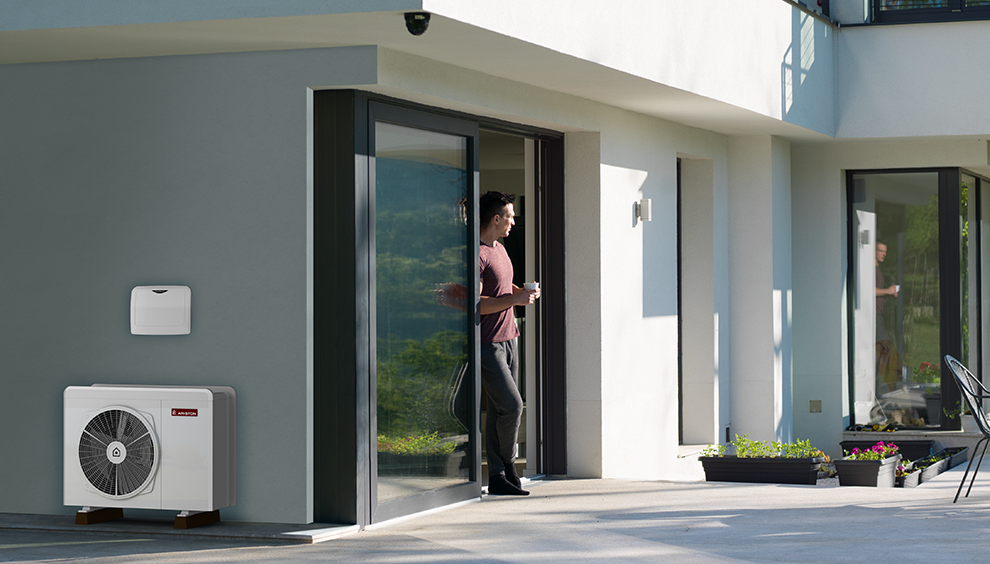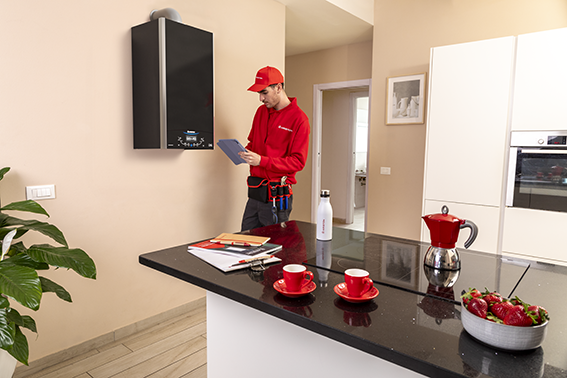How can I reduce my home gas usage?
How can I reduce my home gas usage?
In an era when sustainability and energy efficiency are becoming increasingly relevant, reducing gas consumption in the home is not only a matter of saving money, but also an essential contribution to environmental protection.
In this context, understanding how to optimise gas usage in the home is crucial.
This article aims to explore several practical and technological strategies to reduce gas consumption while ensuring comfort and efficiency.
What consumes the most gas in the home? Identify key sources
Before delving into strategies to reduce gas consumption, it is crucial to identify which items in the home consume the most gas.
Generally, the main consumers are the heating system and appliances such as cookers, gas boilers and gas water heaters.
Understanding how these systems work and how they can be optimized is the first step toward using gas more efficiently.
Heating systems: the largest consumer of gas
The heating system is the largest consumer of gas in a home. This includes not only boilers, but also gas water heaters.
An inefficient or old heating system can consume a significant amount of gas, leading to high expenses and a greater environmental impact.
In a moment, we will examine how adopting more efficient technologies and regular maintenance can help improve the situation.
Gas appliances: maintenance and correct usage
By using boilers and gas water heaters efficiently and keeping them in good condition, you can significantly reduce their impact on total gas consumption.
We will see how small changes in daily habits and maintenance can make a big difference.
Strategies for reducing gas consumption
Having identified the main gas consumers, we can now focus on strategies to reduce consumption.
These strategies range from improving home insulation to using advanced technologies such as smart thermostats.
Dwelling insulation
A well-insulated home plays a crucial role in reducing the need for heating, and consequently, gas consumption.
Insulating walls, installing double-glazed windows, and sealing leaks are just some of the ways to keep heat inside and cold outside.
Smart and programmable thermostats
Smart and programmable thermostats represent an advanced technology that enables more efficient heating management.
These devices allow different temperatures to be set for different times of the day, adapting to the family's habits and reducing consumption when the house is empty or during the night.
Regular maintenance and heating system upgrades to maximize efficiency
Regular maintenance and heating system upgrades are key elements in ensuring efficient gas use.
This includes cleaning filters, checking ventilation systems, and checking the overall efficiency of the system.
A well-maintained system not only works better but also consumes less gas.
Implement alternative heating systems
Heat pumps, for example, are an efficient alternative to traditional heating systems.
These devices, which can be air or geothermal, harness energy from the outdoor environment to heat homes, greatly reducing gas consumption.
In addition to energy efficiency, heat pumps offer the advantage that they can be used for both heating and cooling, increasing their usefulness throughout the year.
In addition, the use of heat pumps is often incentivised by government subsidies, making them a cost-effective and environmentally sustainable option.
Practical tips for reducing daily gas consumption
In addition to long-term strategies, there are also many practical tips that can be implemented on a daily basis to reduce gas consumption.
Daily habits and conscious use
Small changes in daily habits can have a significant impact.
This includes simple gestures such as reducing the temperature of the thermostat by one degree, turning off heat in rooms that are not in use, and using hot water more efficiently.
Invest in high-efficiency home appliances
Finally, investing in energy-efficient appliances is extremely important for saving gas.
These appliances, while having a higher initial cost, can significantly reduce gas consumption in the long run, making the investment both economically and environmentally beneficial.
Conclusion: a greener and cheaper future
We conclude by emphasising the importance of adopting these strategies not only to reduce gas consumption and save on your gas bill, but also to contribute to a more sustainable environmental impact.
Ariston is committed to supporting its customers on this journey, offering efficient and sustainable solutions for a greener future.




